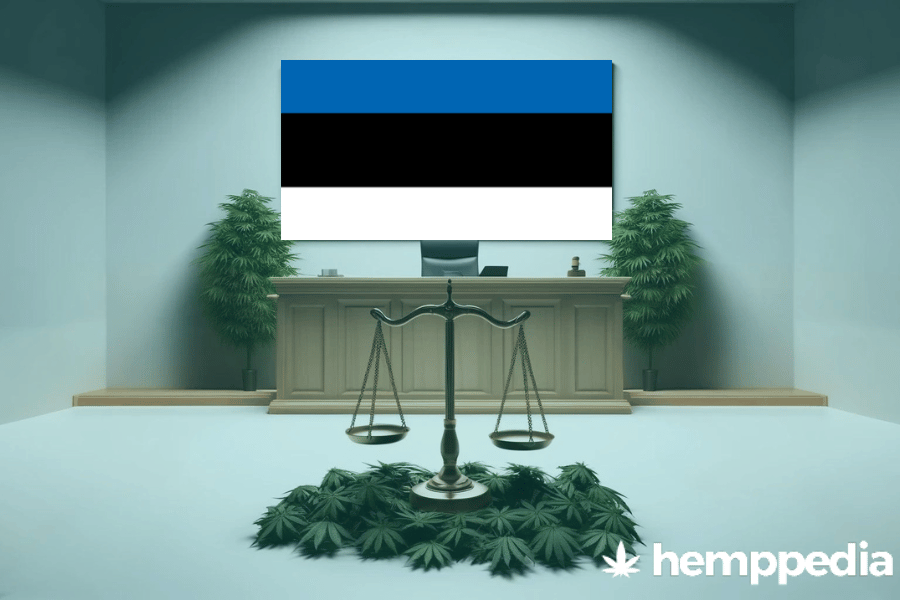TL;DR
The use of CBD, short for Cannabidiol, has seen a surge of interest globally, partly due to changes in legal status and increasing research on its potential health benefits. Originating from the Cannabis Sativa plant, CBD is a naturally occurring compound that is used in products like oils and edibles to provide a feeling of relaxation and calm. Unlike its cousin tetrahydrocannabinol (THC), it is not psychoactive.
In Estonia, the legal status of CBD is complex and often mystifying due to the ambiguity in its regulation. This blog post seeks to explore the legality of CBD in Estonia, looking at the history of cannabis laws, prevailing legislation, and penalties for non-compliance with these regulations.
Key Legal Aspects of CBD in Estonia
| Aspects | Status |
|---|---|
| Use | Legal under certain conditions |
| Possession Limits | No specified limit |
| THC Limit | ≤ 0.2% for hemp production |
Overview of CBD Legislation
Legal Landscape
Across Europe, countries are adopting various stringent and progressive stances towards CBD. In many countries, it is legal and perceived as a food supplement. However, some nations still enforce restrictive measures. This varying landscape places Estonia in a gray area where CBD is neither fully legal nor illegal.
Legal Status
In Estonia, CBD is legal only if derived from industrial hemp (Cannabis Sativa), which contains a THC limit of less than 0.2% (Karistusseadustik, §238, 1).
Regulatory Bodies
The Estonian State Agency of Medicines controls the regulation of CBD within the country, overseeing its manufacture, marketing, and sale.
Conditions and Restrictions
Estonian law allows for CBD’s legal sale if it is marketed as a food supplement. Marketing CBD as a medicine is illegal unless approved by the corresponding governing bodies.
Historical Context
Estonian cannabis laws have evolved considerably over the past few decades. Although Estonia had rigorous anti-cannabis policies, CBD remained unregulated without any specific legislation until 2002 when the country saw the implementation of the Narcotic Drugs and Psychotropic Substances Act. Despite the regulatory ambiguities, CBD has since been permitted from industrial hemp across the country, marking a significant shift in their policies.
Possession, Use, Cultivation, and Sales
The cultivation of hemp, with THC content less than 0.2%, for CBD production, is permitted for industrial purposes. However, the cultivation laws for personal use remain unclear and undefined.
The sale of CBD products is also legally permitted in Estonia, provided it is marketed as food supplements and does not surpass the restricted THC limit. As for the importing and exporting of CBD, providing it meets the requisite conditions, it is entirely legal.
Enforcement and Penalties
Despite the relative tolerance towards CBD, non-compliance with the established rules and regulations can lead to stringent punishments, especially for unlicensed cultivation or exceeding the permissible THC limits. While specific penalties are not distinctly defined, the Estonian Penal Code outlines imprisonment for severe infractions involving narcotics.
Comparative Analysis
Compared to its Nordic counterparts, Estonia demonstrates a more relaxed stance towards CBD. While countries like Sweden have stringent CBD rules, Estonia, much like its fellow Baltic nation Lithuania, shows greater leniency, treating CBD as a food supplement.
Conclusion
In conclusion, while there are ambiguities in the legal status of CBD in Estonia, it is, for the most part, legal. With the changing global attitudes towards CBD, we anticipate the regulatory landscape to become more defined, enabling interested individuals to navigate it with more confidence.





